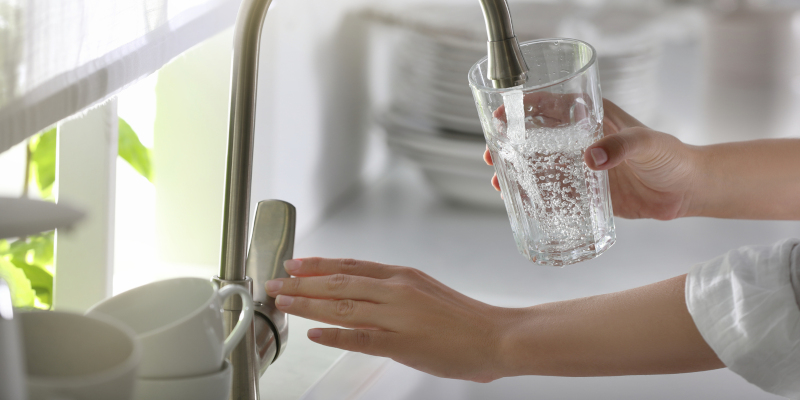
We all understand that water is an essential resource, but many people are unaware of just how many different contaminants could be in the water they drink, cook with, and use for hygienic tasks. Having clean, safe water is important, so many people turn to water testing services to find out exactly what’s in their water. Here are just a few of the contaminant categories that most water testing services cover!
- Microorganisms : Viruses, bacteria, and parasites all count as microorganisms. Water testing can help protect you from waterborne illnesses like E. coli, Giardia, salmonella, hepatitis, and more.
- Chemicals : Heavy metals like lead, mercury, and arsenic are well-known chemicals that can be found in water, but there are many other chemicals that proper water testing can identify. Checking for pesticides, herbicides, industrial chemicals, and volatile organic compounds (VOCs) is an important part of water testing.
- Minerals : Most people have heard of hard water, but what does that actually mean? Hard water has high levels of minerals like gypsum, limestone, and chalk, all of which are largely composed of calcium and magnesium carbonates, bicarbonates, and sulfates. Mineral content and water hardness can contribute to the taste and smell of your water, as well as impact how well things like your dishwasher, washing machine, and shower or faucets perform.
- Nitrates and Nitrites : These contaminants are especially bad for pregnant women and infants, so if a member of your household is expecting, has recently had a child, or is a newborn or infant, water testing is an essential step to ensure they remain healthy.
- Taste & Odor Issues : One of the most common reasons people get water testing done is that they taste or smell something different about their tap water. Contaminants like sulfur can cause smells and leave a bad taste in your water, but with water testing, you can identify the cause and take steps to mitigate it.






